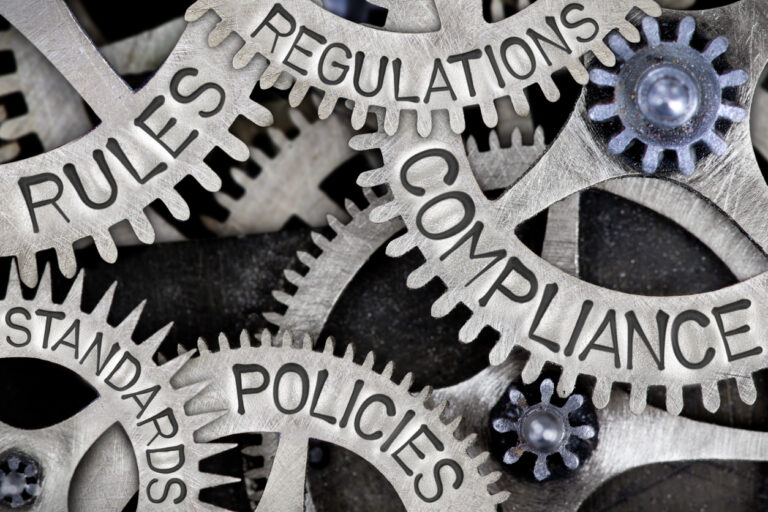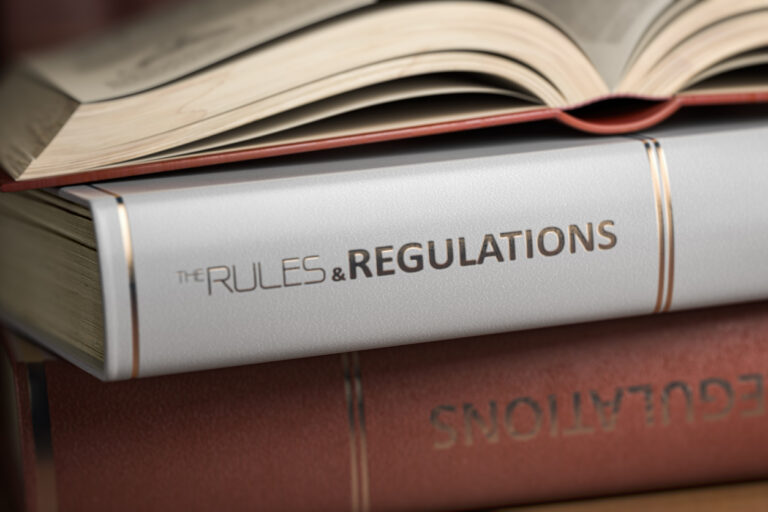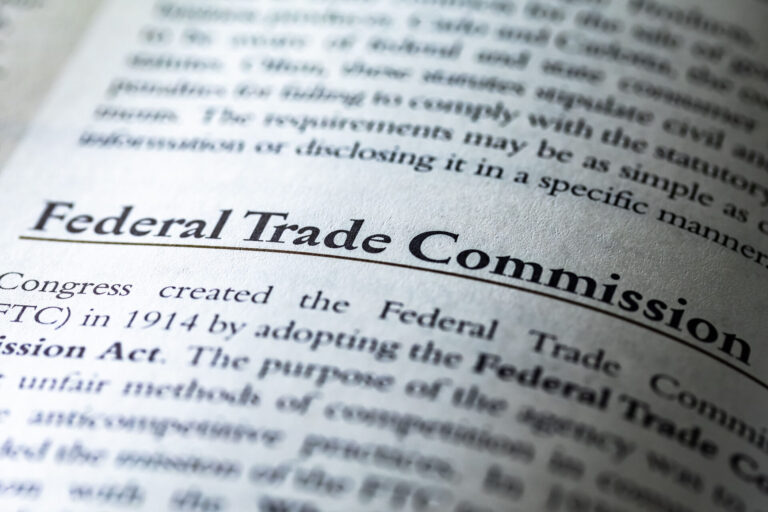
Employers should assess and update workplace grooming and appearance policies to ensure compliance with new protections.

This decision alters the landscape for employers defending Title VII discrimination claims.

New Jersey’s Pay and Benefit Transparency Act places new compensation disclosure criteria on employers in the state.

Companies and businesses that do business with the government should scrutinize and review any DEI policies to mitigate the loss of federal funding and the risk of potential penalties.

This decision will have a major impact on how FTC and federal antitrust laws are applied to health care providers.

We reexamine oral arguments and issues surrounding a case that could dramatically change how Congress may empower regulatory agencies to promulgate regulations and fund and operate their programs.

This review-and-repeal effort prioritizes the evaluation of the lawfulness of existing regulations in light of 10 recent U.S. Supreme Court decisions.

The RFI invites public comment on issues or concerns regarding regulations that can operate to exclude new market participants, protect dominant incumbents and predetermine economic winners and losers.

The formation of the Task Force comes just weeks after the Commission issued guidelines explaining how it will assess whether business practices affecting workers violate the antitrust laws.

The formation of the Task Force comes just weeks after the Commission issued guidelines explaining how it will assess whether business practices affecting workers violate the antitrust laws.

What does the President's executive order revoking Equal Employment Opportunity mean for employers?

In its brief, the FTC asserts that the Federal Trade Commission Act grants it authority to issue substantive rules defining unfair methods of competition, including the ban on noncompetes.
Subscribe for Labor and Employment Law Center Blog Updates

